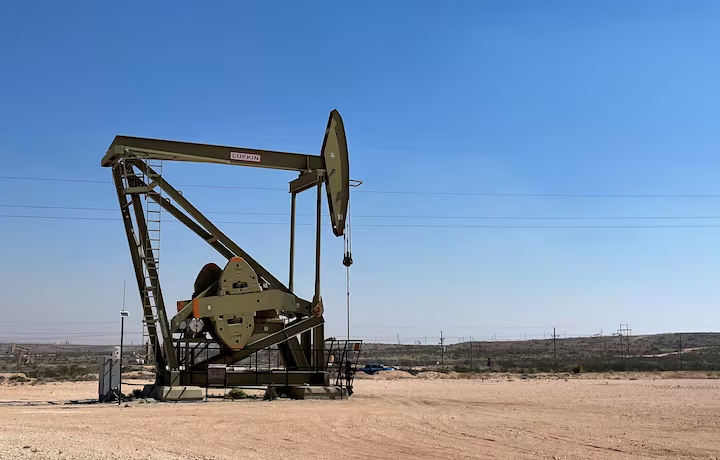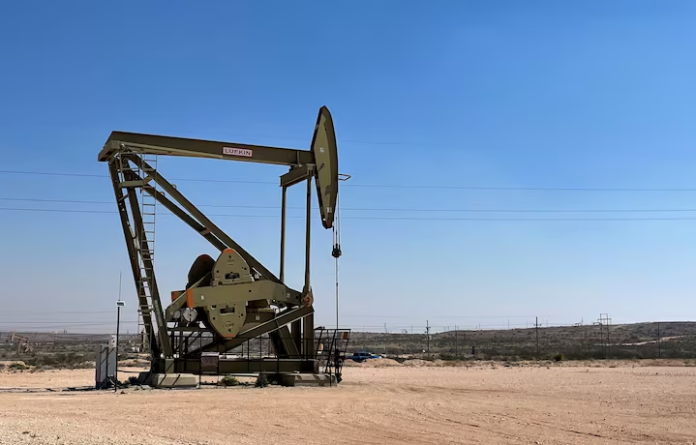The oil and gas industry is undergoing a significant transformation, driven by the power of artificial intelligence (AI). As companies face declining oil prices and increasing global competition, AI is helping them optimize drilling operations, reduce costs, and unlock resources that were previously considered too difficult or expensive to extract.
At the recent CERAWeek conference in Houston, industry leaders shared insights on how AI is revolutionizing energy production. From predictive analytics to autonomous drones, the technology is enabling companies to drill faster, avoid potential pitfalls, and improve overall efficiency.
AI-Driven Precision in Oil Drilling
UK-based BP is at the forefront of AI-powered drilling. According to Ann Davies, BP’s Senior Vice President of Wells, the company uses AI to guide drill bits with precision and anticipate well issues before they occur. This approach has allowed BP to drill more wells per year while optimizing capital investment.
BP recently announced an increase in annual spending on oil and gas production as part of a broader strategy to restore investor confidence. AI is a key driver of this initiative, enabling faster decision-making and smarter resource allocation.
Similarly, Devon Energy is leveraging AI to explore new drilling opportunities. According to Chief Technology Officer Trey Lowe, the company uses machine learning to analyze geological faults and determine optimal drilling locations, allowing them to tap into previously inaccessible reserves.
AI-Powered Drones Enhancing Operations
Chevron is taking automation a step further with AI-powered drones. These drones are deployed over shale operations in Texas and Colorado to monitor emissions and detect potential leaks. By using this technology, Chevron has reduced downtime caused by maintenance and repairs.
According to Russell Robinson, Deputy Program Manager at Chevron, the drones have helped reduce the need for field workers to manually inspect sites, allowing assets to operate longer without interruptions. The company is also considering expanding drone surveillance to its refineries for even greater efficiency.
Extending the Productive Life of Oil Wells
AI is proving to be a game-changer for Devon Energy, where machine learning models are monitoring each rig in real time. Lowe revealed that this AI-driven approach has improved the productive lifespan of oil and gas wells by 25%.
BP is also leveraging AI to speed up offshore drilling operations. The company is analyzing seismic data in the Gulf of Mexico at an unprecedented pace, reducing analysis time from six to twelve months to just eight to twelve weeks. This allows geoscientists to make quicker, more informed decisions about where to drill.
The Future of AI in Oil and Gas

While AI has been a part of the oil and gas industry for years, recent advancements—such as large-language models and deep learning—are driving unprecedented improvements. According to Chicheng Xu, founder of OpenPetro AI, AI can now generate complex 3D visualizations of underground features, significantly reducing exploration time.
With AI accelerating drilling, optimizing resource allocation, and cutting operational costs, companies that fail to adopt this technology risk being left behind. As Lowe from Devon Energy put it, “Companies that don’t deploy AI will get left behind at this point.”
The future of energy is being shaped by AI, and as technology continues to evolve, the industry will likely see even greater efficiencies and cost savings in the years to come.



